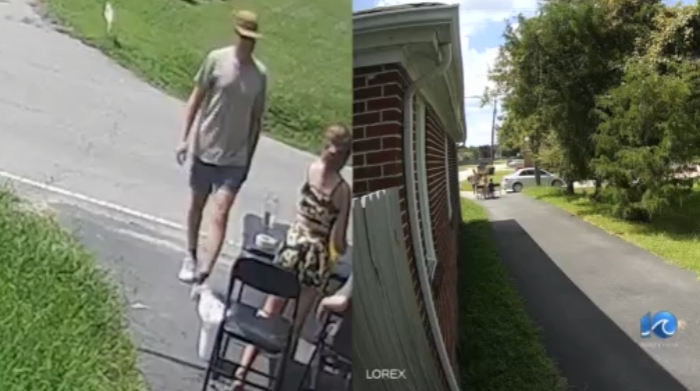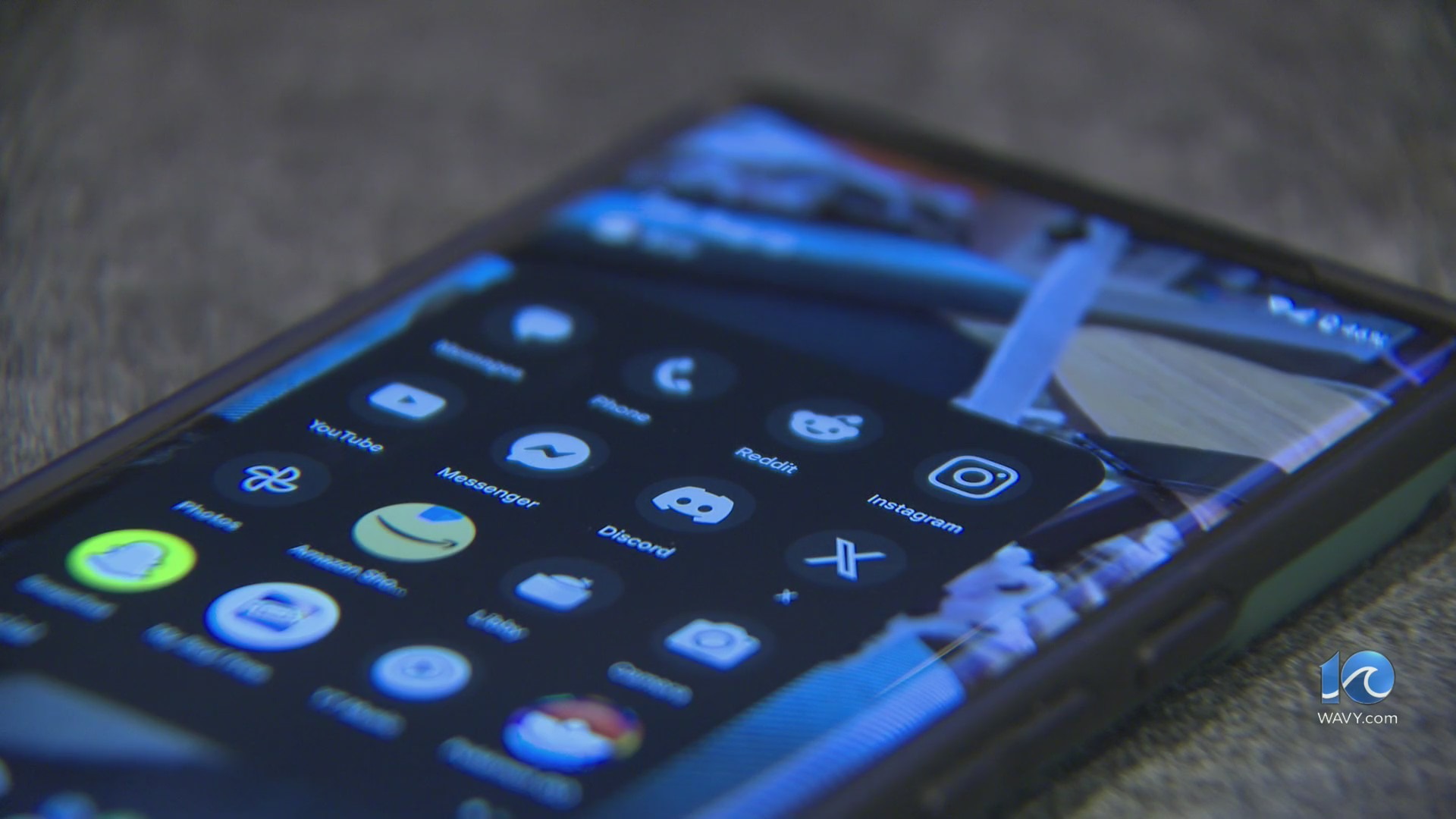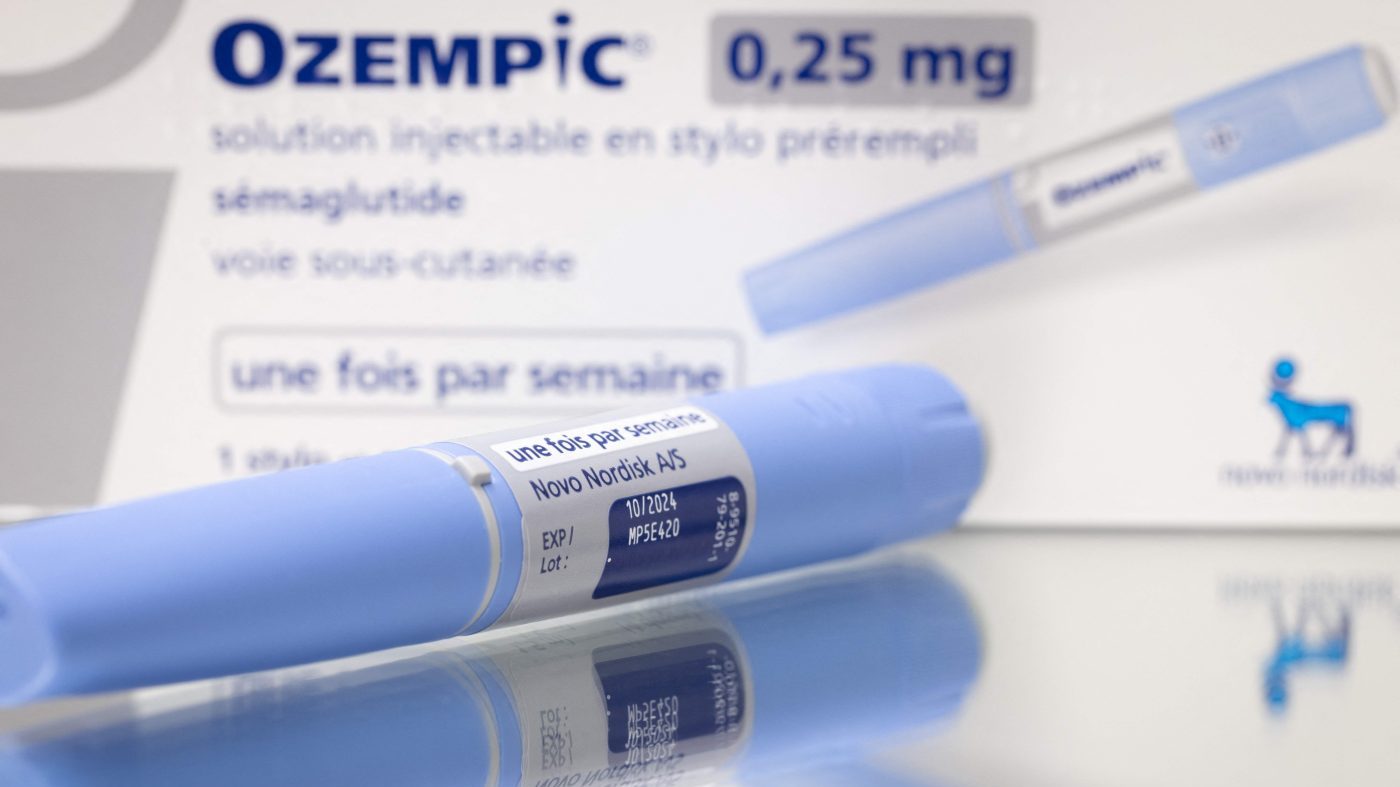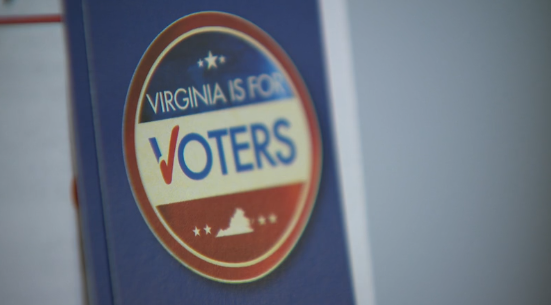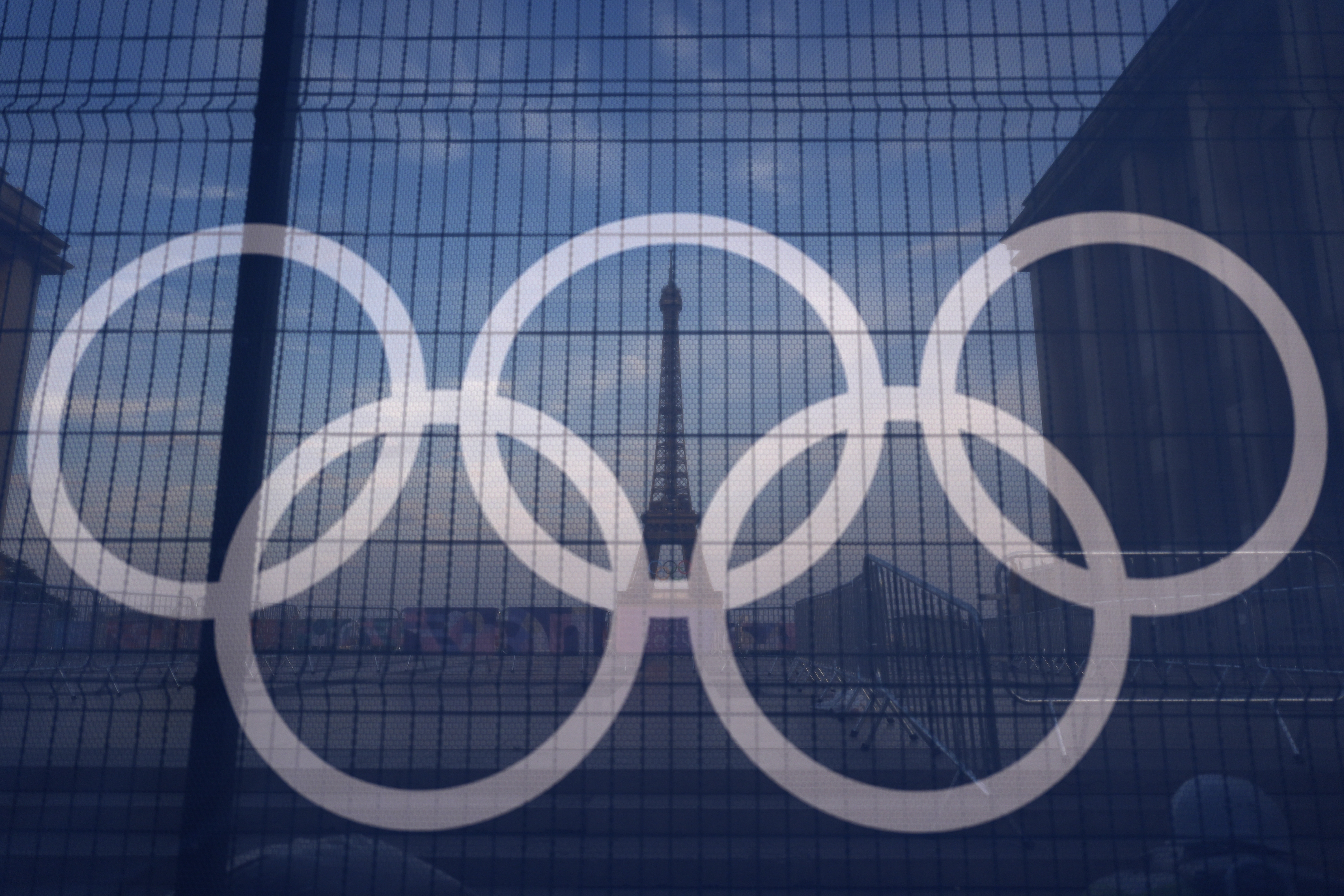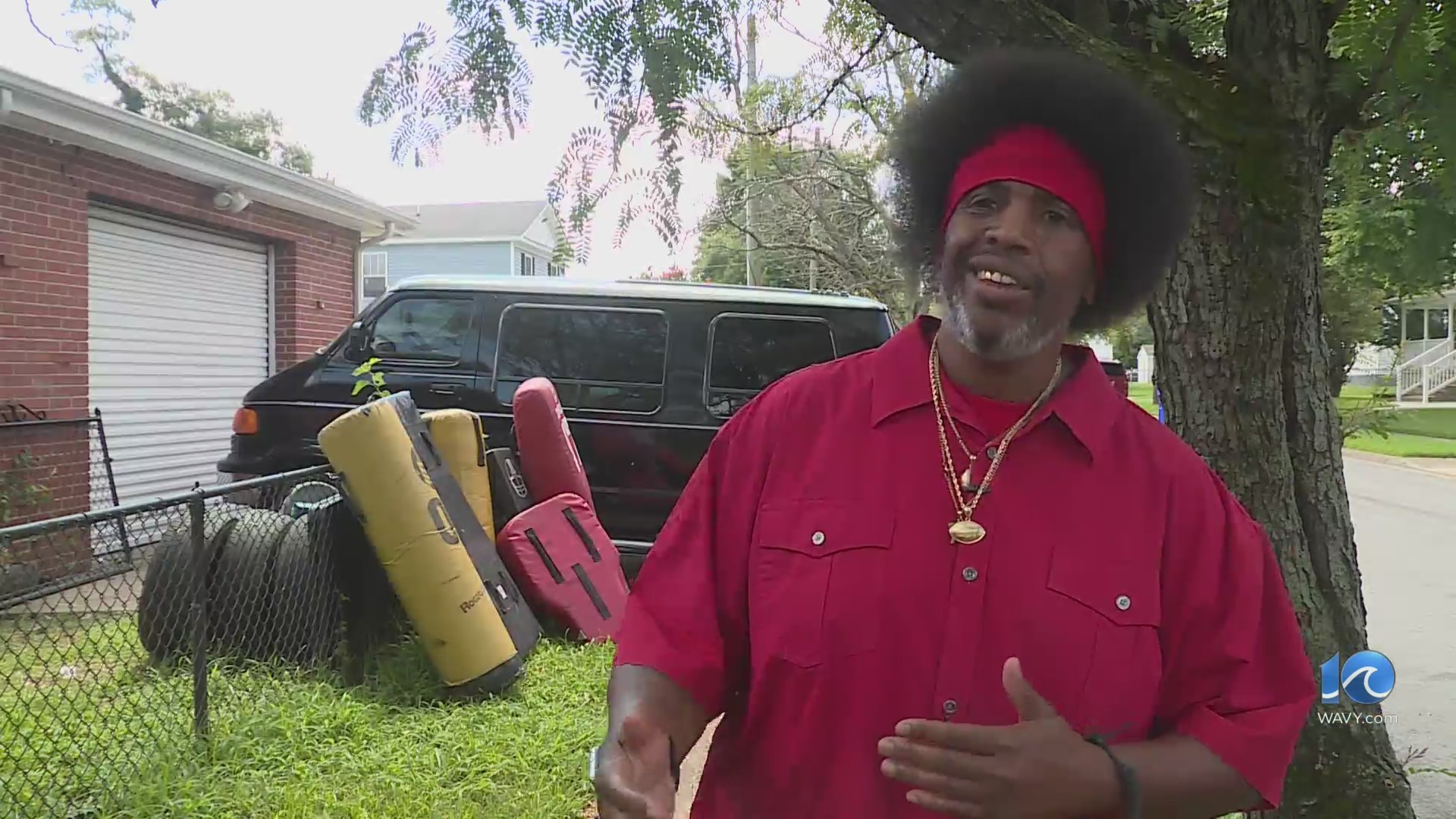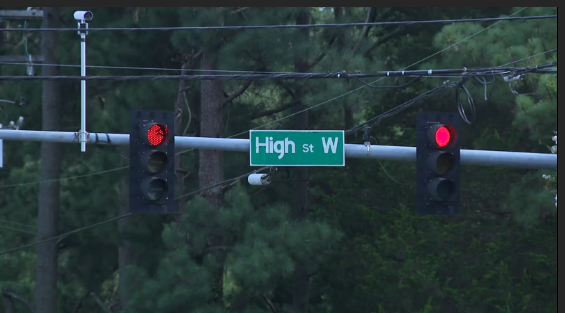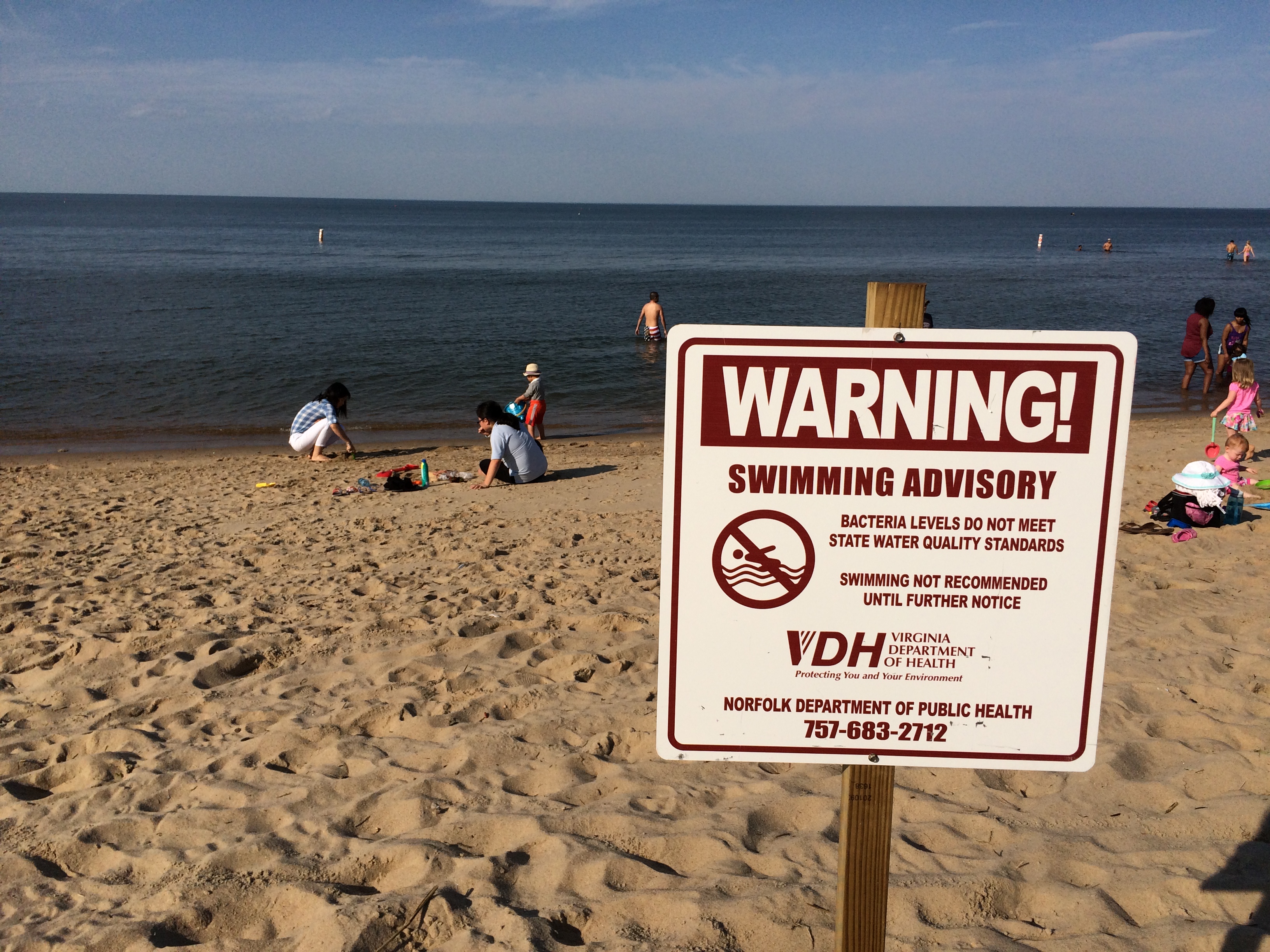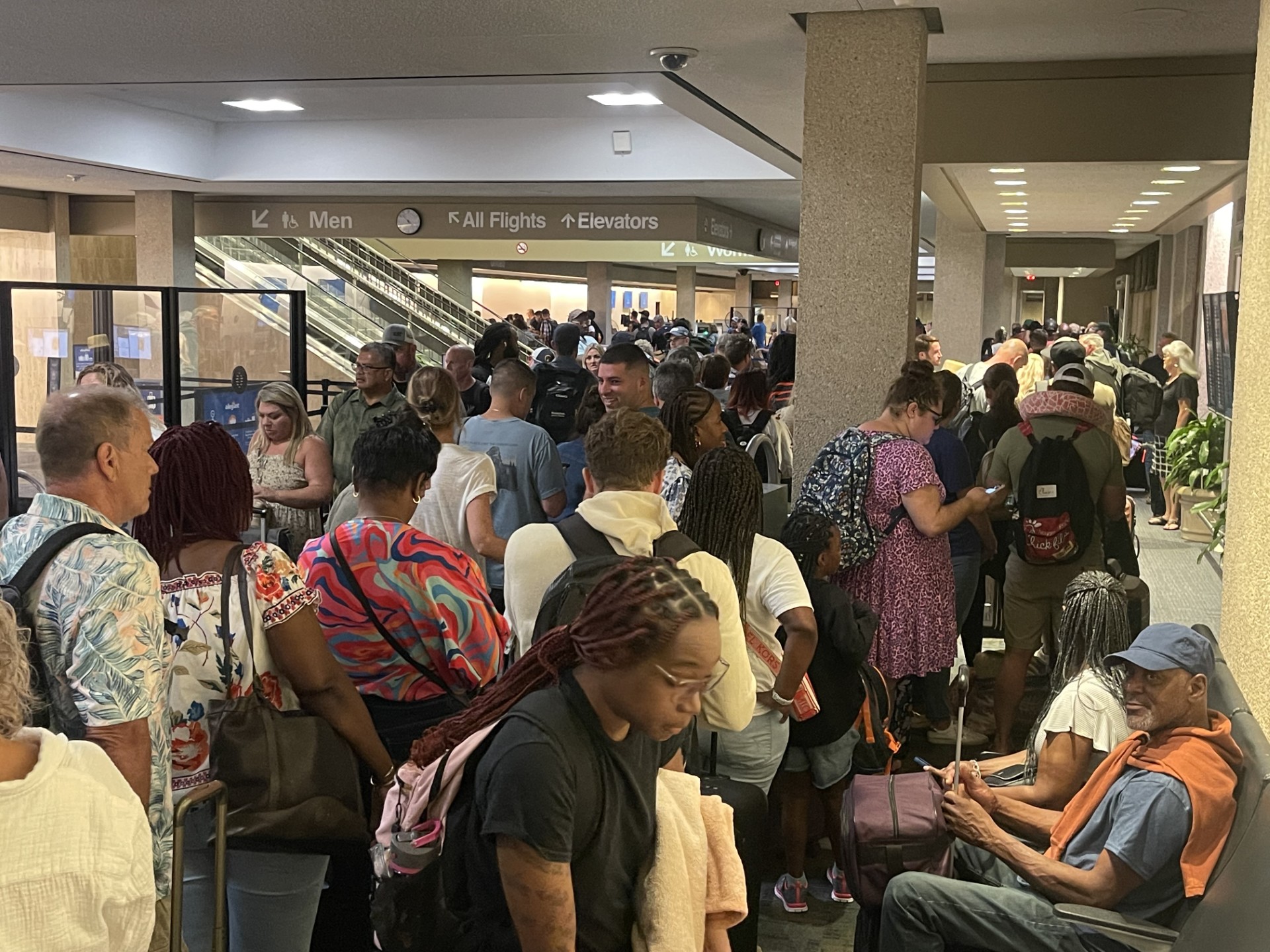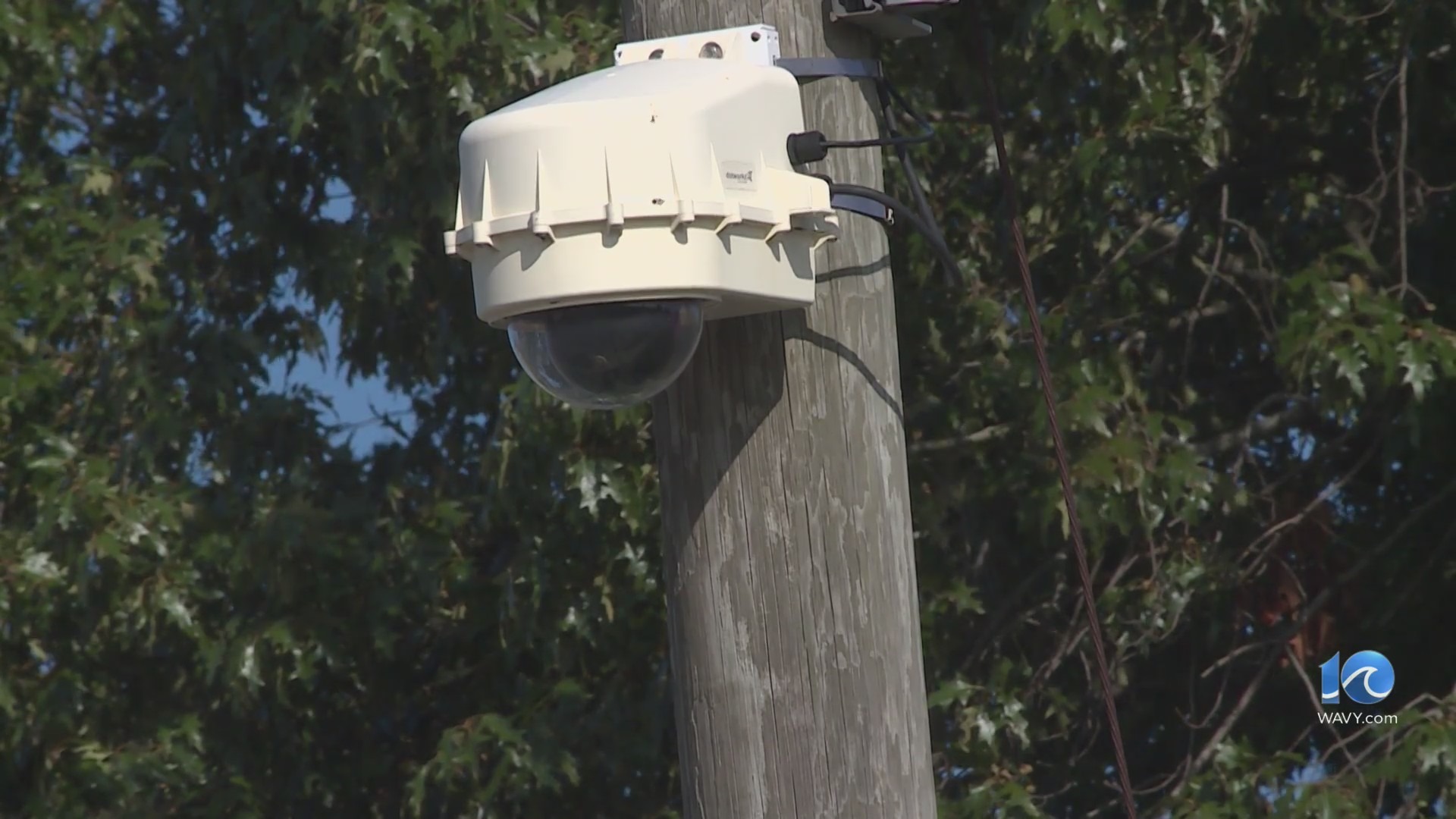BRIGHTON, Colo. (AP) — Jurors began deliberations Friday in the case of a Colorado police officer who prosecutors say is guilty of manslaughter after stopping Elijah McClain as he walked home from the store and then abandoning the 23-year-old Black man after putting him in a neck hold.
Aurora Officer Nathan Woodyard is among three officers and two paramedics charged in the death of McClain after protests over the 2020 killing of George Floyd renewed interest in the case. The trial against the two other officers resulted in a split verdict last month with one convicted of homicide and one acquitted.
Woodyard was the first officer to confront McClain as the massage therapist walked home from a convenience store in the Denver suburb of Aurora. A 17-year-old 911 caller had reported McClain — who was listening to music, wearing a mask and dancing as he walked — as suspicious.
Prosecutors say Woodyard grabbed McClain within eight seconds of getting out of his patrol car without introducing himself or explaining why he wanted to talk to McClain. McClain, seemingly caught off guard, tried to keep walking.
At every turn, Colorado Assistant Attorney General Jason Slothouber told jurors Woodyard chose to escalate the situation, not listening to what McClain was saying and ignoring the police department’s policy on de-escalation.
“Elijah McClain was walking home, he was dancing. As he told the defendant he was stopping the music to listen,” Slothouber said. “There was no need for this escalation of violence.”
Woodyard put McClain in a neck hold that rendered him temporarily unconscious after he said he believed McClain had reached for one of the officers’ guns — a claim prosecutors disputed. McClain was later injected with a fatal overdose of ketamine by paramedics.
The defendant’s lawyers stressed through the weekslong trial that the officer walked away during part of the nighttime confrontation after initially being called away by his supervisor. They said he was not with McClain as his condition worsened and other officers continued to restrain him. Defense attorney Andrew Ho said Woodyard entrusted McClain’s care to his fellow officer and the paramedics who used the ketamine.
“We need to end in-custody deaths. There’s been too much violence and the world will be a better place when that happens. These important facts don’t conflict with the fact that Nathan Woodyard did not kill Elijah McClain,” Ho said. “It’s the ketamine that killed Elijah McClain.”
Woodyard also faces a lesser charge of criminally negligent homicide. He could be sentenced to years in prison if convicted on either charge.
McClain’s mother, Sheneen, sat in the front row as Slothauber spoke to the jury but left for the defense’s arguments before returning again.
Sheneen McClain had expressed disappointment after the first trial last month. It ended with officer Jason Rosenblatt acquitted of all charges and officer Randy Roedema convicted of the least serious charges he faced — criminally negligent homicide and third-degree assault — which could lead to a sentence of anywhere from probation to prison time.
Paramedics Jeremy Cooper and Lt. Peter Cichuniec are scheduled to go on trial later this month. They have pleaded not guilty.
The coroner office’s autopsy report, updated in 2021, found McClain died of an overdose of ketamine that was given after he was forcibly restrained by police. While it found no evidence the police actions contributed to McClain’s death, prosecutors presented their own medical expert who said there was a direct link. Dr. Roger Mitchell of Howard University, the former Washington, D.C. coroner, said the police restraint caused a series of cascading health problems, including difficulty breathing and a buildup of acid in McClain’s body.
Prosecutors argued in the first trial that the police encouraged paramedics to give McClain ketamine by saying he had symptoms, like having increased strength, that indicate a controversial condition known as excited delirium that has been associated with racial bias against Black men. In Woodyard’s case, they said that after he returned to the scene, he failed to pull McClain off his stomach, which made it harder for him to breathe, and did not object to keeping him pinned down as he was given ketamine.
Prosecutors have suggested Woodyard was more worried about a possible investigation and getting in trouble than how McClain was doing.
Unlike the other officers, Woodyard took the stand, testifying this week that he put McClain in the carotid control hold because he feared for his life after he heard McClain say, “I intend to take my power back” and Roedema say, “He just grabbed your gun, dude.”
Prosecutors contended McClain never tried to grab an officer’s weapon, and it can’t be seen in body camera footage, which is shaky and dark before all the cameras fall off during the ensuing struggle.
The defense argued Woodyard had to react to what he heard in the moment.
He testified that he was overwhelmed and scared and began to cry while talking to his supervisor. He said she suggested he take a break. He said he went to his car and cried some more before returning to the scene.
___
Brown reported from Billings, Montana.




































